This spring, we published the ioby Racial Justice Toolkit: a collection of resources designed to help anyone take action for equity, wherever they live. Have you given yourself a chance to check it out?
To complement the Toolkit, we’re highlighting some of the great racial justice initiatives taking place in Cleveland, Ohio these days, with an emphasis on the great people behind them, and some of the complexities of their work. Cleveland has a robust racial justice movement that’s rooted in many decades of history, and it’s growing stronger by the year. We’re proud to support local leaders in Cleveland as they take their city’s legacy to a new level.
In this post, we want to talk about a very real but often under-addressed challenge faced by people who dedicate themselves to the rewarding but difficult work of racial justice advocacy: burnout.
Burnout can mean different things to different people, but broadly defined, it’s not just a string of bad days, being tired from working long hours, or realizing that your job isn’t the right fit for you. Burnout is often by marked by growing cynicism, depression, and lethargy that don’t let up, and by feelings of anxiety, irritability, or even guilt. Some activists experience physical consequences from burnout, too, like insomnia, bodily pain, or illness.
While burnout can happen to anyone who’s devoted to their work, research suggests that social justice and other human rights workers are especially susceptible to it. Which makes sense, right? We can’t describe why better than activist Amanda Van Slyke:
“…the problem is, when our lives are based around inspiring others to create change… we feel guilty for slowing down and admitting that we need a break. And when we finally take that break because we’re so fried that we can’t go any further it forces us to ask the question: When you’re the backbone who’s working to lift everyone up, who’s going to catch you?”
If that sounds familiar, let’s stop talking about the problems and start talking about the solutions!
Six ioby racial justice leaders’ tips for beating burnout
For good advice, we went straight to the source: six real-world, wave-making racial justice advocates currently doing the work in Cleveland. Put their wisdom to work for you.
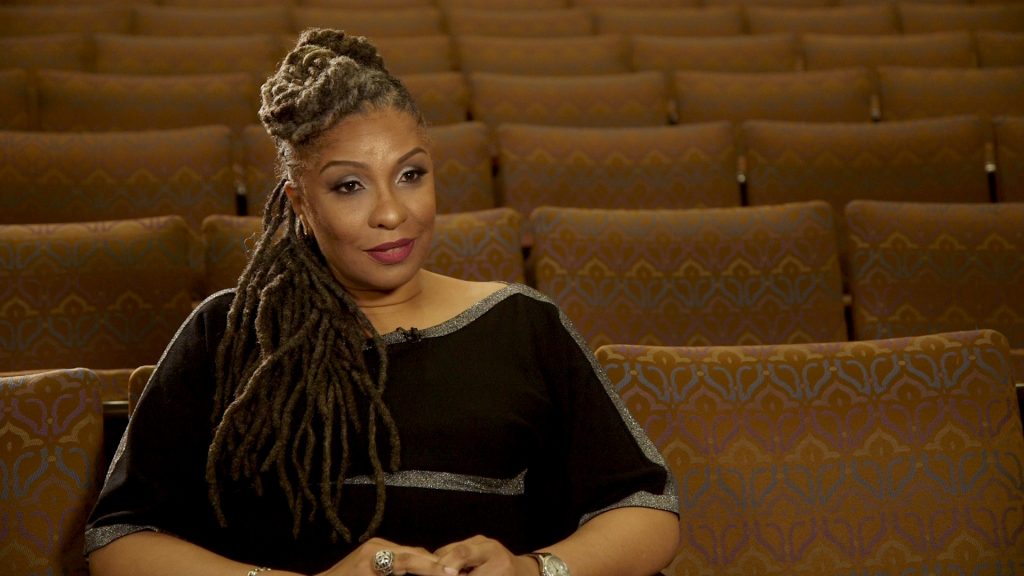
Leah Lewis of The X’s and O’s of Race/ism, a Docu-series says:
Keep good company
“When you talk to people who do ministry, as I have done, or people who are doing social justice work, and activists, you deal with the reality that you’re swimming upstream. You’re swimming against the tide. That, in and of itself, is exhausting. … We need to have relationships with people who are happy, healthy, whole, and high functioning. Those are the types of relationships we need to invest in and the types of relationships that will buoy us in those very difficult times.”
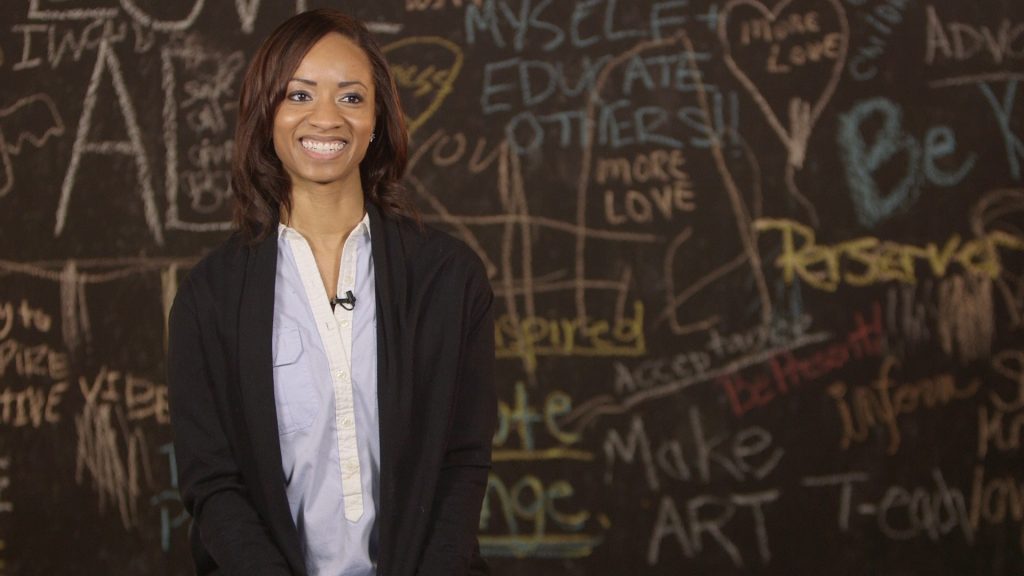
Michele Crawford of Design as Protest Day of Action says:
See the solutions, not the problems
“Sometimes the issues that we’re attempting to tackle seem overwhelming and are exhausting, especially when you have a new consciousness so you notice it day in and day out when you’re watching TV, or when you’re driving down the street. One key that I use is to focus on being hopeful. If I see something unfair, or someone that looks distraught, in my head I imagine a solution. I say, ‘Oh it would be better if this looked like that,’ or, ‘It would be cool if this resource was placed in this place.’ Really don’t focus on the negative, even though we know that negative things are often a reality.”
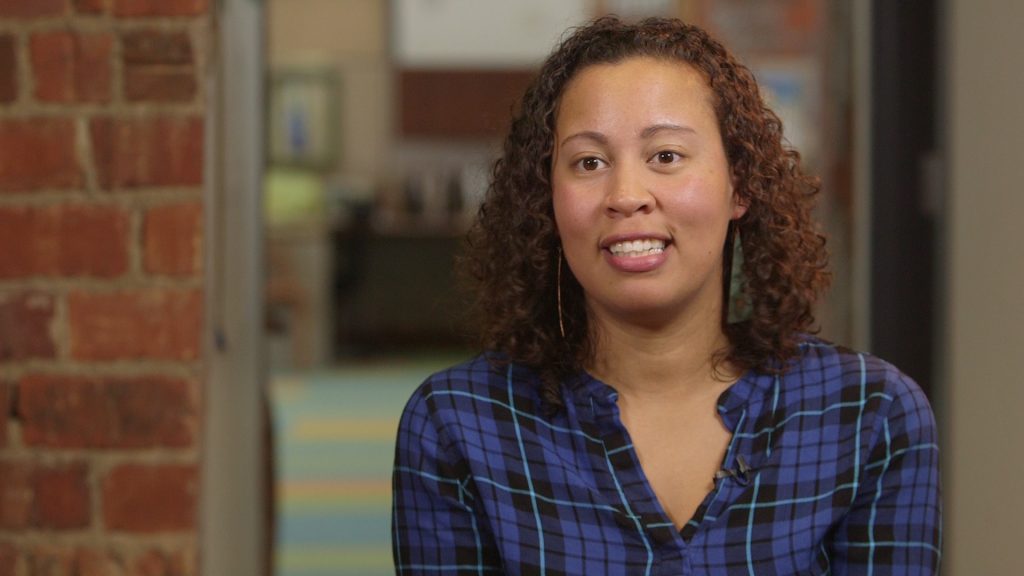
Indigo Bishop, ioby Cleveland Action Strategist, says:
Keep cool & practice persistence
“It took a long time for these injustices to build up, and people have been working for decades and centuries to try and dismantle the way things are now. Patience is your best friend when it comes to this work because we’re not going to turn it all around by ourselves today or tomorrow. Hopefully with our work combined over many decades and a lot of dedication and love and support from the people around us, we’ll chip away at it little by little and we’ll get there.”
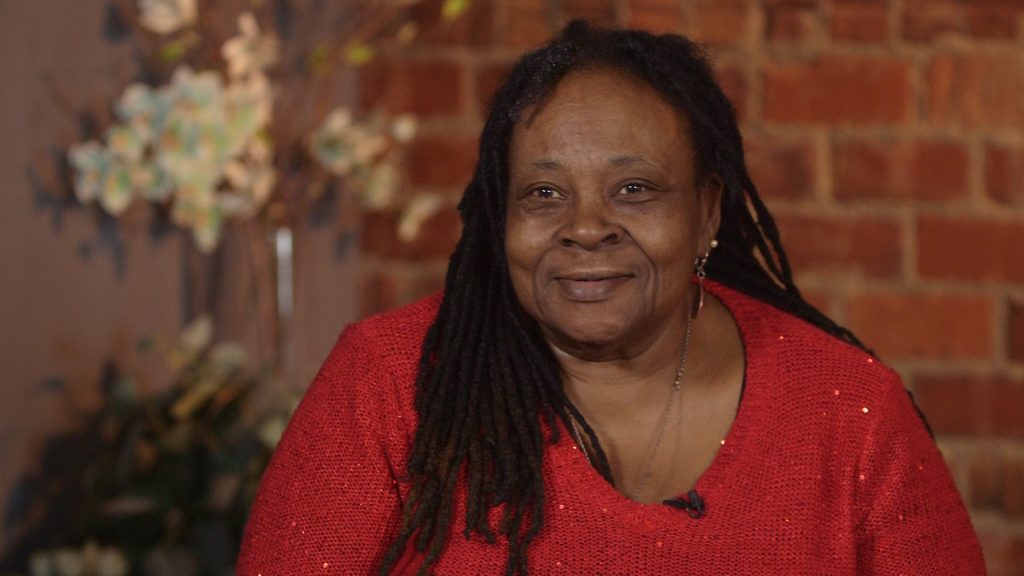
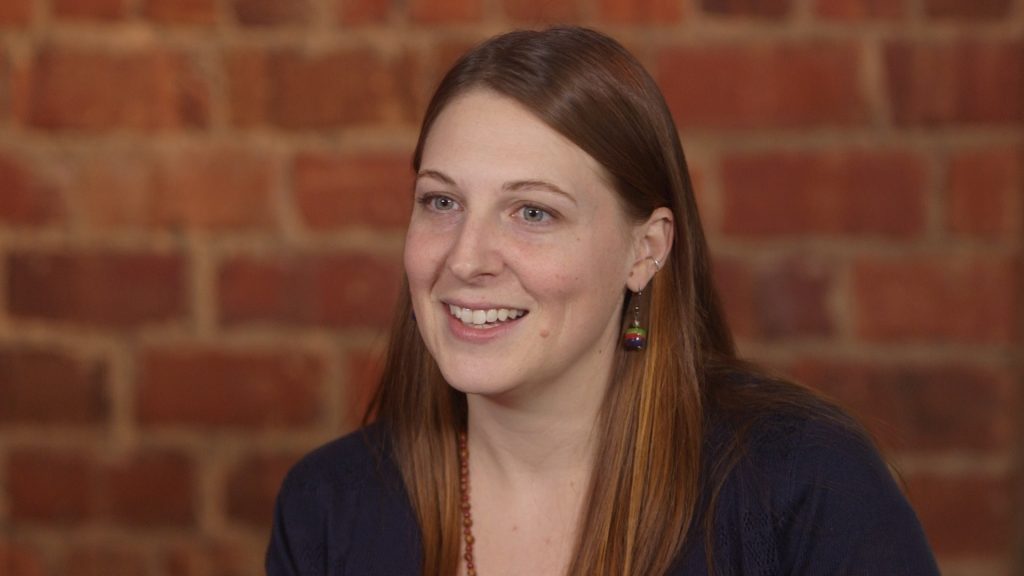
Gwendolyn Garth and Kaela Geschke of A Bridge that Bridges say:
Commit to fun, self-care, & positive reflections
Gwen: “Self care is important. I read a lot of self help, do creative journaling, and I meditate a lot. And I’m an artist, so I throw paint.”
Kaela: “I have a little folder that I keep positive feedback in. It’s important to remember how some of the work you and your team have done has impacted people. Go back to that sometimes because then you know you’re making little steps. … Keeping the long view in mind, and having fun in the short term, I think are both important strategies.”

Carmen Lane of ATNSC: Center for Healing & Creative Leadership says:
“Keep Your Eyes on the Prize”
“Ultimately, if you believe in racial justice, that means you know that racism will end. If you know that, then you don’t need to worry about that part of it, and you can stay in the here and now. If you’re too far into the past or too far into the future, that’s when the stress emerges.”
Our parting shot: If you feel burnout creeping into your consciousness, don’t make it worse by getting down on yourself. Social justice work is hard work, and even (especially!) the smartest, most dedicated, most effective activists can suffer from its strain. Please take care of yourself, and take heart in knowing that you’re not alone.
Additional resources:
– How to handle burnout when fighting racism: This roundup reel shares some of the top ways our Cleveland racial justice leaders deal with stress, fatigue, and feeling wrung out.
– The ioby Guide to Racial Justice Projects is a free download created especially for people and groups who are just setting out in their work around racial justice and healing.
– What’s Your Idea? If you’re thinking of a way to make positive change in your community, we can help you make it a reality. Tell us your idea today!